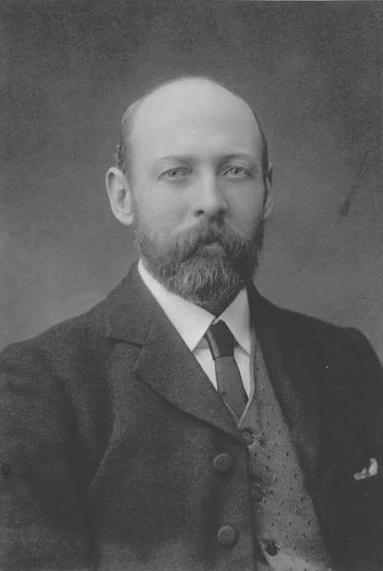Get Today in Masonic History into your Inbox. Sign up today for one of our email lists!
Need an article for your Trestleboard/Newsletter see our Use Policy
Joseph Cook is Born

Today in Masonic History Joseph Cook is born 1860.
Joseph Cook was an Australian politician.
Cook was born Joseph Cooke on December 7th, 1860 in Silverdale, England. He didn't attend school until the passing of the Elementary Education act of 1870. Until then he worked in the coal mines. He left school again at the age of 12. His brief attendance gave him a taste of what he had been missing. He dedicated himself, based on his experiences, to bettering himself and his position in life through education.
During Cook's teens he embraced Primitive Methodism. Embracing this new religion in his life lead him to remove the "e" from the end of his name.
Cook married in 1885 and shortly after they moved to New South Wales, Australia. Cook became the General-Secretary of the Western Miners Association in 1887. He became one of the founding members of the Australian Labor Party in 1891.
Cook was elected to the New South Wales Legislative Assembly in 1891. It was the first big breakthrough for the labor party. Not long after, in 1894, Cook started to move away from the Labor party and become associated with the Free Trade Party. His shift in political views had many in the Labor Party calling him a class traitor. His new political allegiances led to him becoming the Postmaster-General under the George Reid Government. Reid and Cook were two very different men, many referred to them as "colleagues at a distance."
Cook was elected in 1901 to the first Federal Parliament. In 1908 after Reid retired from politics, Cook became the head of the renamed Free-Trade Party (now the Anti-Socialist Party). Alfred Deakin took over as Prime Minster and Cook became Defense Minister in 1909 to 1910 when the Liberals were defeated by the Labor party for control of the government.
In 1913, Cook won a one seat majority in the House of Representatives making him the 6th Prime Minister of Australia. Running his government proved difficult with such a slim majority. Cook decided to trigger a "double dissolution" under the Australian Constitution. This allowed for the complete dissolution of both the House and the Senate and a full re-election of all seats. Unfortunately World War I broke out in the middle of the elections and Cook lost seats.
In 1916, the Nationalist Party formed and Cook was named Deputy of the party. He served in the Hughes Government where he was appointed Minister of the Navy.
In 1921, Cook resigned from Parliament and returned to England where he served as Australian High Commissioner in London until 1927.
Cook passed away in Sydney, Australia on July 30th, 1947.
Cook was a member of Lodge Independent No. 8 in Australia.
This article provided by Brother Eric C. Steele.

